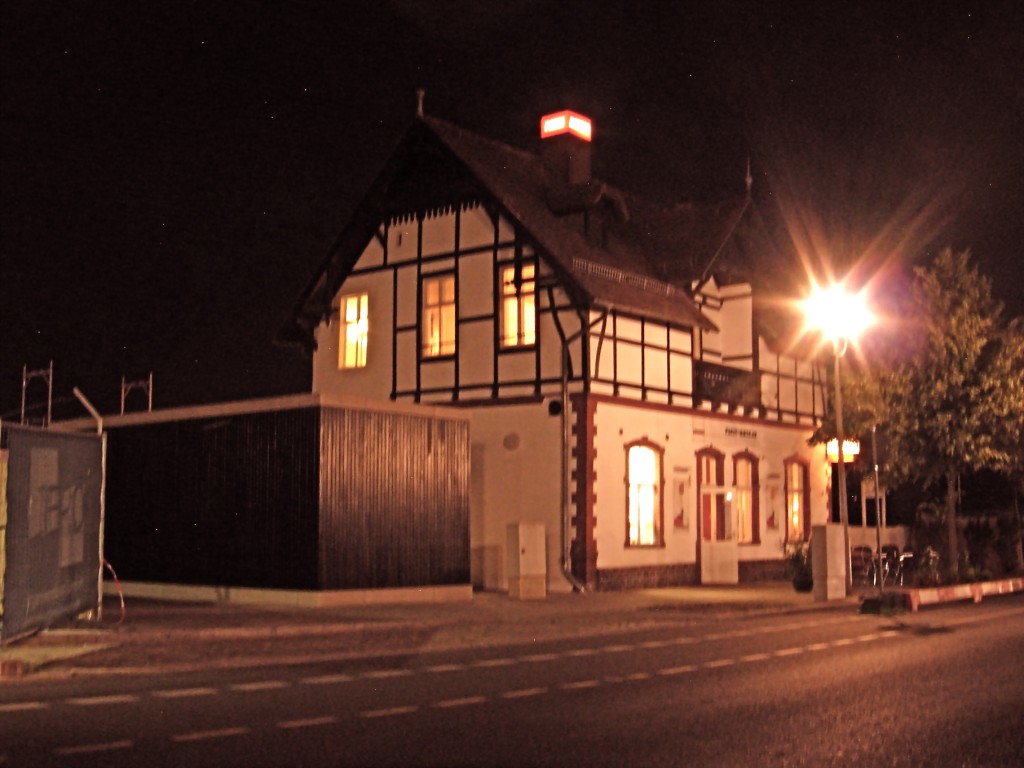Paris-Moskau Restaurant: In the Shadow of the Railroad
Come to Hauptbahnhof, Berlin’s main station, at 4:30 or 15:40, and watch the creaky train carriages depart, carrying passengers for 27 hours directly to Moscow Belorusskaya station. Think about them, heading East through Poland and White Russia, and wonder what this lone house could possibly have in common with that numbing journey.
Paris-Moskau, a restaurant located a few steps from the station, is a survivor. The other houses surrounding it were destroyed in the 1945 Battle for the Reichstag. It was a pub, popular with Berliners from East and West until the Wall went up. And then, it was truly isolated, located almost in no-man’s land, a single building standing in the detritus of war and division. What could the new owner, Wolfram Ritschl, have been thinking when we opened a Russian restaurant, called Josef, here in 1984? Who could possibly have come? Only with reunification is this restaurant once more in the centre of the city.
It’s 21:45 and the Paris-Moscow train is faraway, pulling out of Minsk. I summon predictable images of steaming Samovars, cracked teacups and officious policemen. I imagine the brutality of the state and the poverty of a Europe locked outside the gates. But here I am eating Venison and black bread dumplings with a glass of Bordeaux. The mains are ‘deconstructed’, so that the tender meat and braised vegetables are placed in stronger contrast to reductions and confits of different sweetnesses, a palette of tastes on the plate for comparison. The desserts follow the same principle: an elderflower suspension, strawberries with quark, poppy-vanilla ice cream and various gradients of intense chocolate. Then a tart of acacia flowers and liquorice, with orange confit, arrives.
We sit in the quiet room in candlelight, the lights of trains passing above.
From the windows there is only darkness, there is not another building in sight, just the void created by war. This house seems out of place, out of time, a remainder of the good life amidst troubles. I imagine the tragedies of the twentieth century occurring one after the another over the course of our meal, like the sound of wind, the hint of the incomprehensible just behind the creaking windows. I do not know whether to throw the doors open and suffer an unanimous fate, or to suspend the quiver of guilt, to enjoy each taste like it’s the last.
I feel a hand on my arm, and turn away from the shadow. All I can do is hope, that here is where the bombs cannot fall.



